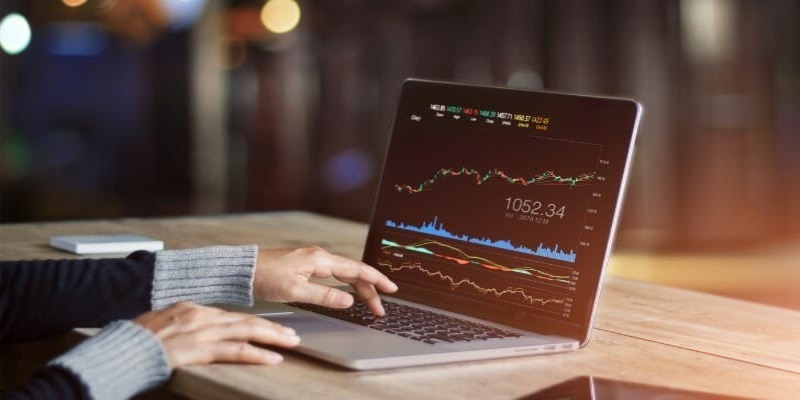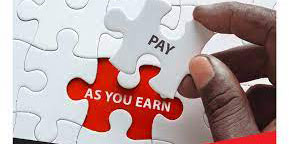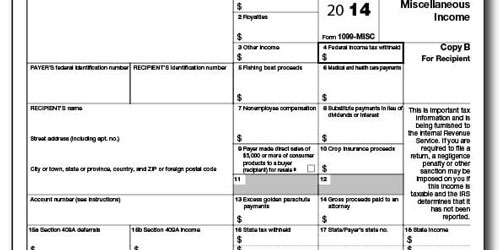During a stock buyback, the issuing business reacquires shares of stock from public and private investors in exchange for cash at the current market price per share. A corporation can repurchase its shares on the open market or from existing owners.
Share buybacks have surpassed dividends as the primary method of returning capital to shareholders in recent decades. 2 When it comes to exercising buybacks, large corporations are far more inclined to do so than smaller ones due to their more significant financial resources.
Factors Influencing Stock Repurchases

To some, it may seem counter-intuitive that a company would seek to return the cash it raised via selling common and preferred shares.
A corporation could decide to repurchase its shares for several reasons, including lowering its cost of capital, consolidating its ownership, protecting its stock price, avoiding an undervaluation, or improving its critical financial ratios.
Stock Purchases Reduce Expenses.
Each share of common stock gives the holder a fractional ownership interest in the issuing firm, one vote in the company's annual meeting, and significant policy and budgetary decisions.
One million shareholders and a managing owner equals one thousand and one owners. When a company wants to expand, it will offer shares to the public to access equity money, but if there are no chances for expansion, the equity investment will sit idle.
The company will be sharing ownership for no purpose. When a company pays dividends to its shareholders, it is incurring a cost of equity since those investors expect a return on their investment.
Share Repurchases Consolidate Ownership
Shares are the primary means through which businesses procure capital for new ventures. Although preferred and ordinary shares are not the only options, they are the most widely traded stock forms in most companies.
Voting and ownership rights are standard with common shares, also known as ordinary shares. Preferred stockholders have priority over regular stockholders in receiving dividends and in receiving distributions in the event of bankruptcy.
Stock Buybacks Maintain the Current Stock Value
Shareholders often expect dividend payments from a corporation to grow over time. To that end, it is one of the responsibilities of corporate leaders to increase the stock price for the benefit of the company's shareholders.
However, if the economy does enter a recession, firm executives will need to compromise between satisfying shareholders and maintaining flexibility.
What makes confident investors choose buybacks over dividend payments? During a recession or slowdown, a firm may reduce dividend payments to protect the company's cash flow.
The end consequence would indeed cause a drop in stock price. The stock price would likely suffer less damage if the bank instead elected to buy back fewer shares, which would achieve the exact preservation of capital as a dividend decrease.
The Stock Is Undervalued

Companies often repurchase stock because they believe it is undervalued. There are a number of causes of undervaluation, the most common of which are investors' short-term focus, sensationalist news stories, and pessimism.
Corporations' stock prices continued to reflect the economic doldrums that had afflicted them in past years, despite many companies' more upbeat projections for the future.
These firms were investing in themselves through share repurchases in anticipation of future gains once stock prices reflected the improving economic climate.
Stock BuyBacks Change The Financial Statements
Buying back shares is also a simple approach to make a corporation appear more attractive to investors. The EPS ratio of a corporation automatically rises as the number of outstanding shares decreases since a smaller number of shares now splits the yearly earnings. 1
Earnings per share (EPS) is a standard measure of a firm's profitability. One hundred dollars would be the EPS for a corporation with one hundred thousand outstanding shares and an annual profit of $10 million.
Adverse Effects of Stock Repurchases
If a corporation needs to take out loans to finance a stock buyback, it might negatively impact its credit standing. The interest paid on loans used to finance stock buybacks is often deducted from the company's taxable income.
A company's cash reserves are essential in weathering economic storms. Still, these funds are quickly depleted when loan payments must be made.
Credit bureaus look poorly upon stock buybacks financed in this way because they do not consider an increase in earnings per share or the taking advantage of discounted shares to be a sufficient basis to incur additional debt. Such a move is usually met with a subsequent credit downgrading.




